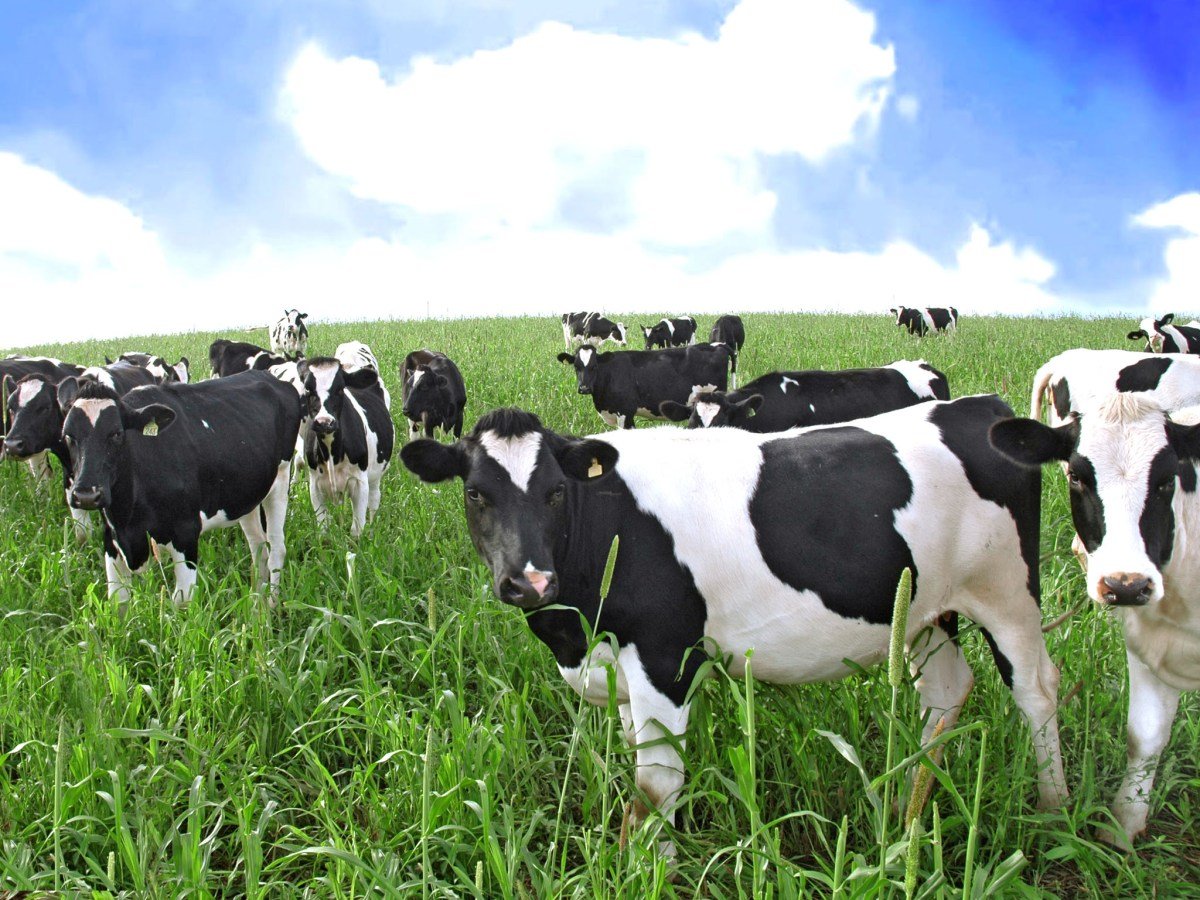In the ongoing battle against Methane, a notorious greenhouse gas, some unlikely investors in the Valley have set their sights on a surprising target: cow belches.
What do Zachary Bogue and Chris Sacca, two prominent names in the world of venture capital, have in common? They’re both investing in innovative solutions to reduce Methane emissions from cows. And Sacca’s recent investment has raised a whopping $20 million for this unconventional cause. But why?
Following the conclusion of COP28, the global summit on the climate crisis, Methane is increasingly becoming a top priority for investors and startups in the ClimateTech industry.
Globally, livestock emissions are the main contributor to agricultural Methane, accounting for about one-third of all Methane emissions. And surprisingly, most of these emissions are not from where you might expect – the back end of the cow. In fact, it’s from their burps.
Cows emit Methane gas as they process their food, a natural part of the digestion process that allows them to break down grass and hay, which other animals (including humans) are unable to digest.
But now, agricultural tech and bio tech companies are beginning to focus on reducing these emissions. With increasing pressure to do so, six of the largest names in dairy farming have recently pledged to publicly report their Methane emissions, and more are expected to follow suit. And at the most recent COP meeting, a major focus was on reducing Methane emissions, which are rapidly increasing.
Methane gas is the most potent of all the greenhouse gases, much more harmful than CO2. It traps more heat in the atmosphere per molecule than carbon dioxide, making it the biggest contributor to global warming.
While Methane only stays in the atmosphere for around 12 years (compared to hundreds of years for CO2), it has roughly 80 times the warming effect of CO2 over 20 years and 27 times more over 100 years, according to the Expert Panel on Livestock Methane 2023.
Reducing Methane emissions is essential in the fight against the Climate Crisis. In fact, the United Nations launched a satellite-based “Methane Alert and Response System” (MARS) last year.
And according to a major UN report, “urgent steps” need to be taken to reduce Methane if we want to limit global warming to a manageable level.
One UK-based company believes they have the solution.
Biotech startup Mootral has recently raised a Series B financing round of $20 million, led by Menlo Park’s King Philanthropies – a climate-focused investor. Existing investors including Lowercarbon Capital (founded by Chris Sacca), Earthshot Ventures, Kindred Ventures, Third Derivative, Climactic, and Climate Capital also participated in the round.
Mootral aims to scale up to feeding 300 million cows with its feed additive by 2033, with the potential to reduce Methane emissions by up to 50% by 2025 – a bold claim.
Thomas Hafner, Founder and CEO of Mootral, stated, “We’re delivering immediate, permanent reductions in Methane emissions on farms today. And with our next generation of products, we’re aiming to reduce emissions even further – potentially up to 90%.”
Mootral has also launched a program called “CowCredits” which allows farmers to participate in the carbon credit market as they reduce Methane emissions from their herds. ClimatePartner, a company that finances climate projects through carbon credits, has now added Mootral to their portfolio of options for clients.
The company’s Enterix product, manufactured in Wales, has been successfully trialed on UK farms, with results published in various academic journals including the Open Journal of Animal Science, Frontiers in Microbiology, The Journal of Animal Science, and Translational Animal Science.
So how does it work? On average, a dairy cow produces 500 liters of Methane per day, equaling approximately 3.7 tonnes of CO2 equivalent emissions per year. Mootral’s current Ruminant supplement has been shown to reduce Methane emissions from dairy cows by up to 38% on commercial farms.
But Mootral isn’t the only player in this space.
CH4 Global, backed by venture capitalist Zachary Bogue, raised $29 million in their most recent funding round. They use seaweed in cow feed to reduce Methane emissions, claiming their feed additive line (called Methane Tamer) can reduce emissions by up to 90%.
Steve Meller, CEO of CH4 Global, stated via email that the company is utilizing “aquaculture” to address the issue, adding, “We have already established commercial partnerships for 4 million cattle in South Korea with Lotte, and we are in the process of finalizing a global agriculture partnership for 9.5 million cattle. Together, these partnerships will result in approximately 80 million tonnes of reduced CO2 emissions.”
Another player in this space is DSM, a Dutch multinational, which recently announced plans to monitor the environmental impact of food products containing animal proteins.
Regardless of the approach, it’s clear that the ClimateTech industry and AgTech industry are intersecting in unexpected ways in the fight against the Climate Crisis.








